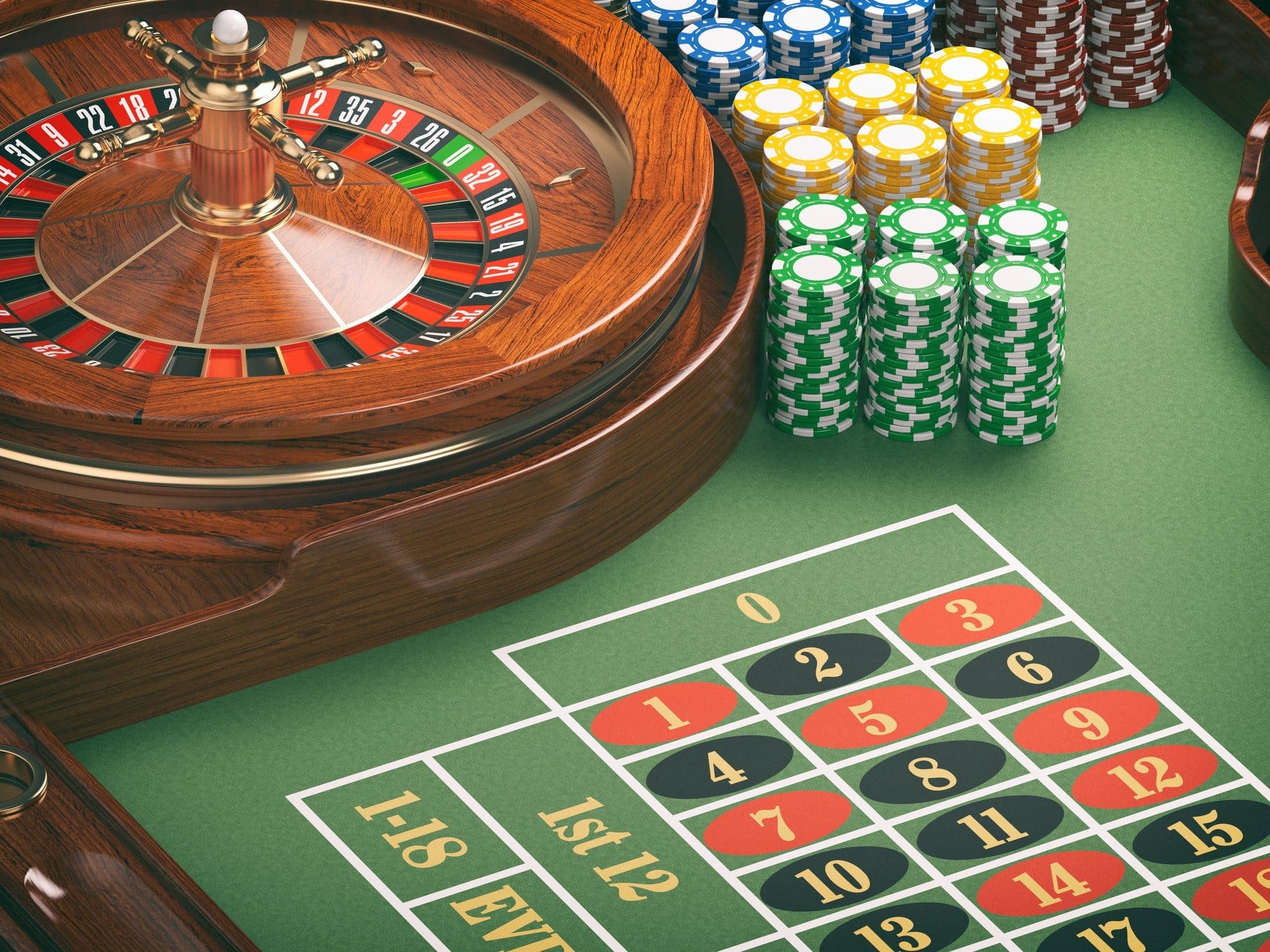
In the lively world of gambling, gaming activities have long seized the interest of gamblers around the world. These activities, spanning timeless card options like blackjack to the rotating reels of slot machines, offer an captivating blend of chance and skill. While luck undeniably plays a significant role in shaping outcomes, the role of skill in many casino games cannot be overlooked. Comprehending how skill shapes the experience can elevate not only a participant’s engagement but also their likelihood of success.
As we delve deeper the mechanics of gambling activities, it becomes evident that some need a strong grounding of understanding and tactics. Games like blackjack call for more than mere chance; they demand critical thinking, mental insight, and tactical decision-making. In comparison, other games, such as the roulette wheel and fruit machines, are primarily determined by luck, allowing players to rely entirely on luck. This contrast raises fascinating questions about what truly drives success in the realm of casinos and how a gambler’s competences can sway the outcome in their favor.
Comprehending Expertise versus Luck in Casino Games
Within the realm of casino games, the discussion between skill and luck is a enduring one. Many games are frequently divided into two categories: those that depend predominantly on randomness, such as slots and the wheel, and those where skill plays a significant role, like the game of poker and 21. The difference is crucial because it affects not only gameplay strategies but also the approach players adopt when engaging with these games. While luck can play a decisive role in the short term, skilled players can boost their odds of winning over the long run in skill-based games.
Skill-based games, particularly poker, require players to comprehend probability, psychology, and game theory. A seasoned poker player can read opponents, make calculated bets, and understand when to fold, all of which can lead to greater favorable outcomes. Conversely, in games that are purely based on chance, no amount of skill can alter the odds. bakar 69 This means that while a player may win big in one session, their success may often be subject to the vagaries of chance results rather than any strategic expertise.
In the end, both skill and luck coexist in the world of casino games, creating a vibrant environment for players. While games of chance can provide excitement and instant gratification, mastery and strategy in skill-based games offer a richer level of engagement for those willing to invest time in honing their craft. This interaction between skill and luck defines the experiences of players and shapes their connection with the games they select to play.
The Impact of Ability on Casino Results
In the realm of gambling games, skill plays a significant role in determining the outcomes, especially in games where tactics and choices are paramount. For instance, in poker, players must examine rivals, calculate probabilities, and make calculated bets to maximize their odds of winning. Unlike activities that rely purely on chance, such as slot machines or the roulette wheel, poker demands an understanding of both the rules and the psychology of other players, making expertise a vital component of victory.
Other strategy-based games, like the game of blackjack, also underscore the importance of player expertise. Understanding of basic tactics, card counting, and when to hit or stand can significantly influence the casino advantage. A proficient blackjack player can lower this edge and boost their odds of winning over time. This contrasts with activities that do not permit for such tactical play, showcasing how the level of skill directly affects the potential for positive outcomes.
Moreover, even within games deemed primarily luck-based, like the game of craps, the choices made by gamblers can influence their overall success. Choosing the right bets, understanding the odds of different results, and managing one’s funds are essential aspects that can enhance a participant’s experience and results. Thus, while chance remains a factor in gambling, skill can substantially influence how effectively participants navigate these settings, leading to more favorable results.
Strategies for Skillful Play in Gaming Establishments
To thrive in gambling games, players must develop a solid understanding of the rules and odds involved in various games. This foundational knowledge enables individuals to make informed decisions, especially in skill-based games like Texas Hold’em and 21. Familiarizing oneself with game tactics, such as card counting in blackjack or recognizing betting patterns in Texas Hold’em, can significantly enhance a player’s odds of success. Sharpening these tactics through simulations or lower-stakes games allows players to refine their skills without putting substantial amounts of cash at stake.
A further key strategy is budgeting. Players should establish a spending limit before entering the casino and stick to it faithfully. This involves determining how much they are prepared to lose and setting limits on how much they will wager in each session. By keeping a controlled approach to gambling, players can prolong their play and reduce the chance of significant losses. Additionally, pausing can help preserve a clear head and prevent impulsive decisions that often lead to bad gameplay.
Ultimately, managing emotions is essential in the intense environment of a gambling house. Players must learn to manage their emotions, particularly during periods of success or losing runs. Staying focused and not allowing emotions dictate gameplay can lead to more rational decisions. Methods such as deep breathing or stepping away from the gaming table during intense moments can help maintain composure. By cultivating a balanced state of mind, players can approach gambling games with assurance and expertise, ultimately improving their complete gaming experience and results.
